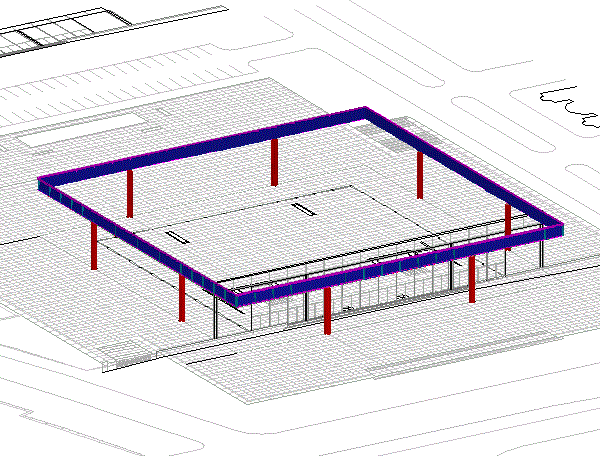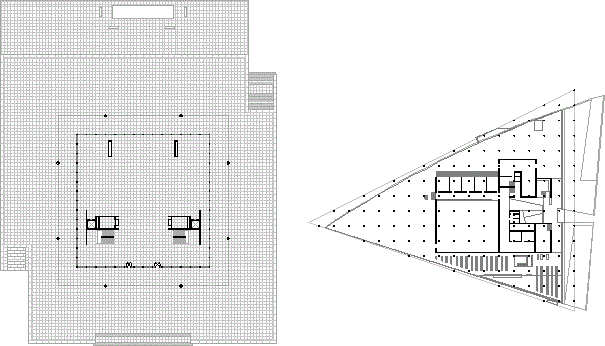2018.07.27
This coolness of tone--combined with a great intelligence and subtlety about motives--makes Manhood an attractive book in a fairly familiar sense. To its other qualities, though, we may react with impatience, for they violate many preconceptions. Apart from the brilliant prefatory essay, Manhood meanders, circles, and doubles back; there is no reason for it to end where it does; such types of insight are interminable. The book has no movement or direction and provides no consummation or climax. Manhood is another ot those very modern books which are fully intelligible only as part of the project of a life: we are to take the book as an action, giving on to other actions. This type of literature, item by item, rather than retrospectively viewed as part of a body of work, is often hermetic and opaque, sometimes boring. Now, it is not hard to make out a defense for hermeticism and opaqueness as a possible condition for literary works of an extreme density. But what about boredom? Can that ever be justified? I think it can, sometimes. (Is it the obligation of great art to be continully interesting? I think not.) We should acknowledge certain uses of boredom as on of the most creative stylistic features of moder literature--as the conventionally ugly and messy have already become essential resources of modern painting, and silence (since Webern) a positive, structural element in contemporary music.
Susan Sontag, "Michel Leiris' Manhood" (1964) in Against Interpretation, pp. 67-8.
2018.03.30
/32
A couple of days ago I came up with the idea to use /32 as a place to turn some of the dossiers into larger publications, e.g., Eisenman, Gehry, Johnson chapters. Plus a place to work out and document the free downloaded cad data. I guess I just have to start the organization of the folder to see how it might all work out. Just now I thought it could include dossiers of individual architects' cad data: Kahn, Aalto, Mies.
| |
2018.08.03
exhibition ideas
Ideas gotten while reading (in Log 20) "Curating as architectural Practice" and "Exhibitionism". Go back to these essays for further/fuller inspiration. OMA's exhibit "Content" was within Mies van der Rohe's Neue Nationalgalerie. Quondam could now "reenact" "Content" via a cad model of the Neue Nationalgalerie--using the (an enlarged?) model as the site of Quondam exhibits that emulate OMA's tactics of the "Content" exhibit, yet also follow the investigative discovery/design process as described in the "Curating as…" essay.
Lots to play with (just now: lots to play with: replaces the title of "lots to do" within Quondamopolis and could now be where these ideas here are "played" out): the Quondam collection within the Neue Nationalgalerie model; look up the earlier notes of using the museums with Quondam's collection for 'sites' of Quondam exhibits. Just now thought to compare the Neue Nationalgalerie and the NAI by OMA--make a model of both buildings. Work out all these ideas/discoveries/inspirations within "lots to play with".
Inspirations via "Exhibitionism":
1. some kind of exhibit utilizing all the CCTV 'elevations work' databases.
2. collect/display the MoMA CCTV exhibit data (and use it as further inspiration).

18090701 Neue Nationalgalerie model work

18090702 Neue Nationalgalerie Netherlands Architecture Institute plans
| |
House 8 3200n
GAUA sector 10 3200o
iq60.02 3200p
Villa dall'Ava 3200q
Pruitt-Igoe Housing 3200r
House II 3200s
Plan Obus 3200t
House VI 3200u
Frug House 1 3200v
Vice Grip House 02 3200w
Vice Grip House 01 3200x
Tuberculosis Sanatorium 3200y
Palais Savoye 3200z
Netherlands Architecture Institute 3201
GAUA sector 01 3201b
q55.15 3201c
elevations 3201d
sections 3201e
iqq19 Roma Interrotta 3201f
iq61.15 3201g
| |
|